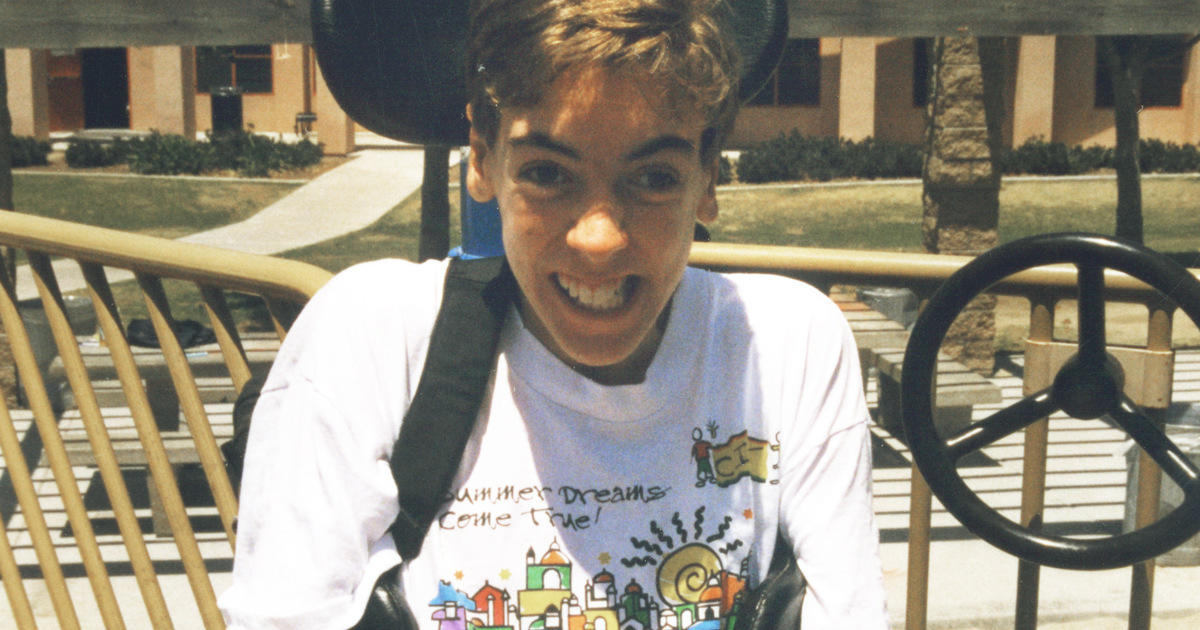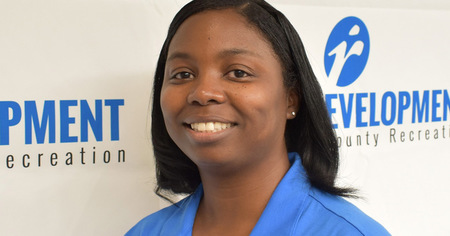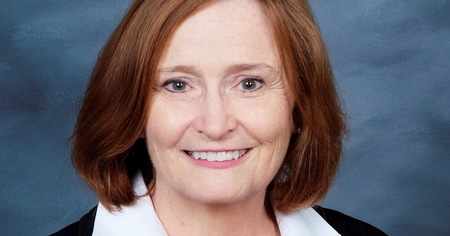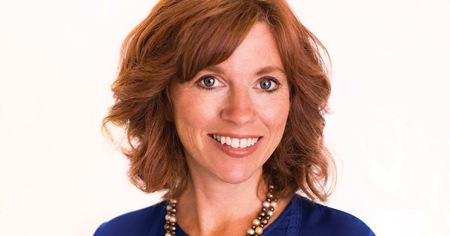My first experience in pediatrics, however, was in the basement of a hospital where children with physical disabilities were bussed in to spend their days learning daily living skills, like tying their shoelaces or dressing themselves. These children had no cognitive delay, and I was deeply disturbed by the isolation of the children simply because they had a physical disability.
As I continued in my career, I became obsessed with changing the paradigm of a medical model of disability—that we are experts and need to fix people with disabilities—to a social model of disability: Society needs to change.
I created an inclusive camp program from the ground up at a large Jewish Community Center in San Diego and reached out to families who had children with significant disabilities, inviting them to be a part of the traditional summer camp program. I taught staff and volunteers how to make accommodations so that children of all abilities could meaningfully participate. The next four summers were transformative for the 500 campers and their families, as well as the 80 young adults who were counselors.
My favorite and most powerful experience of authentic inclusion was witnessing the transformation of Sean, a 15-year-old with cerebral palsy who I invited to be a counselor-in-training at summer camp. He had never been to camp and spent his summers with his mother while his younger brother went off to sports camps. I will never forget the fear in his eyes when he came to apply for the job. Sean was in a 200-pound electric wheelchair and had significant spasticity in his muscles; his speech was difficult to understand; and he required assistance with personal care. My first thought was: Mary, you can talk the talk but if you can't walk the walk, then you are a fraud.
Sean was assigned to work with a lead counselor and 5-year-old campers. Several staff questioned my decision to hire someone with such significant disabilities, but I knew it was the right thing to do. The kids loved him. He led activities and games and went on field trips to the roller rink. He usually had three or four kids hanging in a line from the back of his chair laughing and squealing.
From this successful program at the Jewish Community Center, Kids Included Together (KIT) was formed. For 20 years, KIT has been leading youth organizations on a path to inclusive practice.
It's been nearly three decades since the Americans with Disabilities Act was passed, yet millions of children with disabilities still lack the support they need to be included in the typical activities of childhood. These youths should have every opportunity to experience authentic belonging and be able to realize their dreams and aspirations.
NAA has a rich history of valuing diversity and advocating for equitable and accessible program opportunities for all students and their families. As an organization, NAA has an opportunity to celebrate the remarkable individuals and programs across this country who work in out-of-school time and have recognized the legal, moral and ethical responsibility to serve youth with disabilities, as well as their families.
We know, however, that there are still many youth development professionals who feel ill prepared to provide support and accommodations. We can't continue to use that as an excuse. All youth development professionals need support from site supervisors, school day staff, resource professionals and school administrators. As directors or site supervisors, you must be role models and set the standard for inclusion when it matters—when our kids are watching.
Eventually, the equal access for which NAA strives and advocates will truly have been reached.
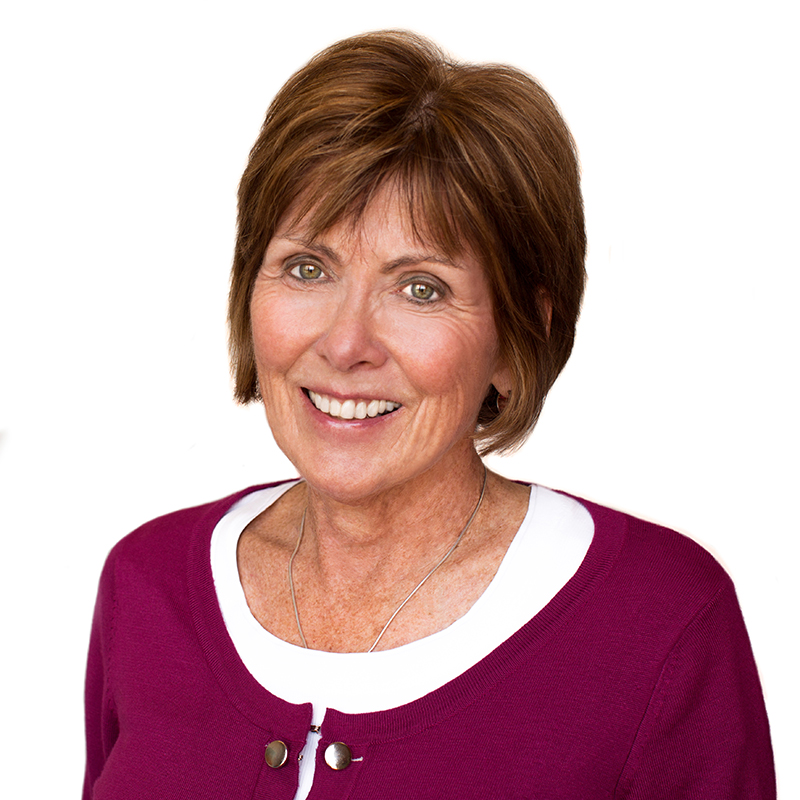 Written by Mary McAllister Shea, Ed.D. Senior Consultant, KIT. In 2012 Mary Shea was awarded NAA's Flame of Inspiration Award in honor of her lifetime commitment to advocating for children with disabilities to have opportunities to participate in natural environments with same-age peers.
Written by Mary McAllister Shea, Ed.D. Senior Consultant, KIT. In 2012 Mary Shea was awarded NAA's Flame of Inspiration Award in honor of her lifetime commitment to advocating for children with disabilities to have opportunities to participate in natural environments with same-age peers.
KIT is a national nonprofit whose mission is to teach inclusive practices to people and organizations who serve children. KIT currently serves child and youth programs in 41 states and 9 countries, and offers a variety of in-person and online learning programs for child and youth development professionals. Visit www.KIT.org to learn more.

